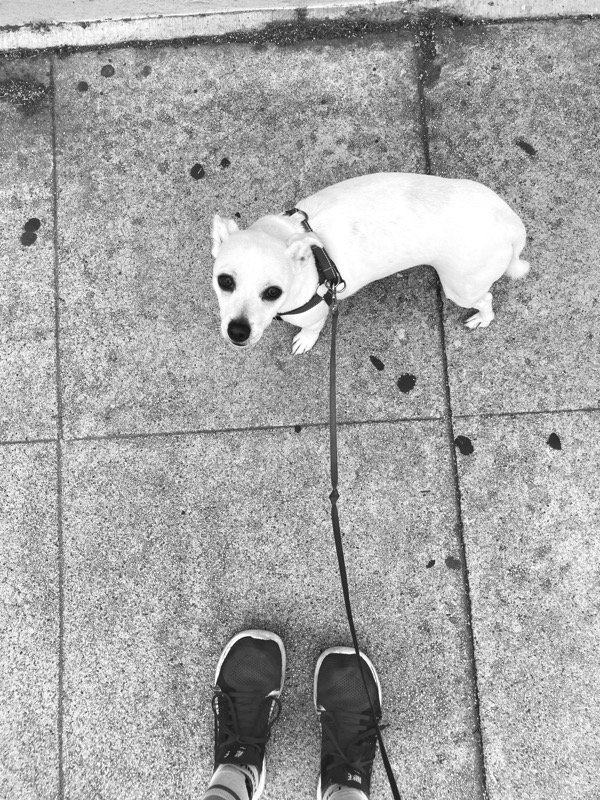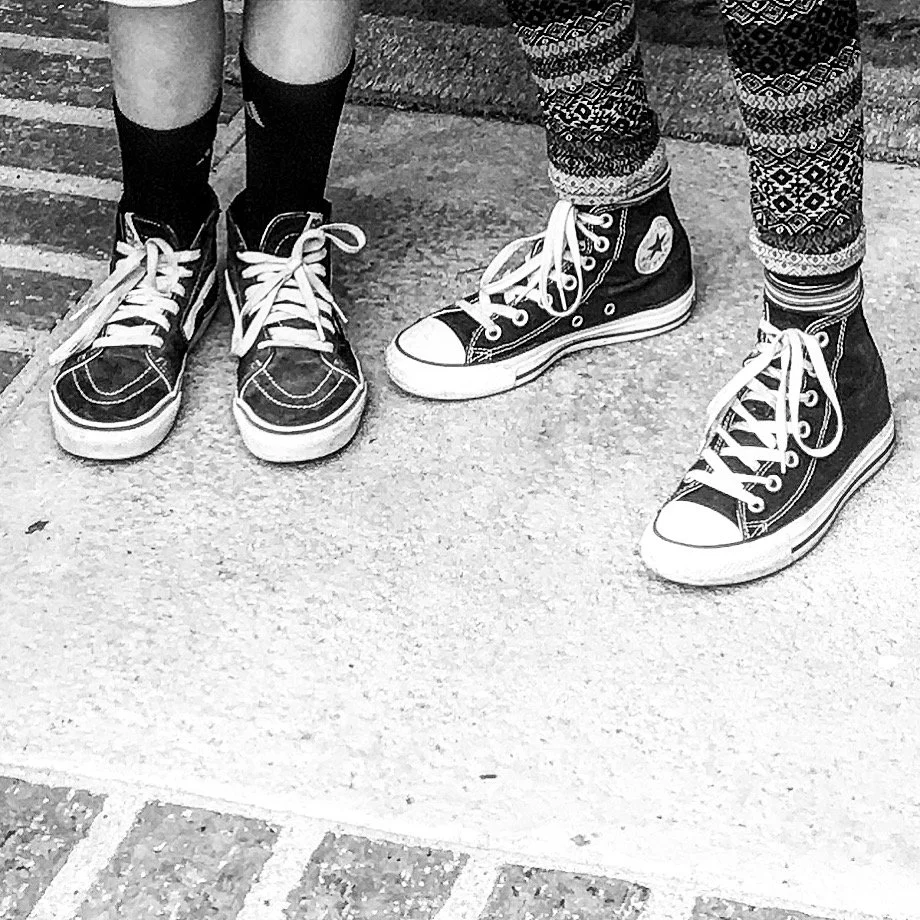Dwelling in the Unknown and Doing the Dishes
That’s not my title, it’s the title of an interview a wonderful author/editor did with me in Mutha Magazine.
When you’ve written poetry for a long time and you start writing fiction, it is very helpful to have a very good friend who is a wonderful writer ask you about your work, which is what Ginny Wiehardt (read her award-winning poems in Migrations) did for me in this interview and I’m excerpting a part here because Ginny asks the kinds of questions that make you really think about what you’re doing and why.
MUTHA(Ginny Wiehardt): I love that this book shows so many roles that women can play. It’s very different from your first one. What was your experience of putting it together?
Marlys West: Notes for a Late-Blooming Martyr was more chronological, and this book was more thematic, more to do with how the poems talked to each other. I had these threads: motherhood, poet-writer, nurse, etc., and I thought of them as a braid that I was weaving. At the end they all come in together, in one tail, like the end of the braid. These different roles are all informing each other, and sometimes they’re opposing each other. But a lot of times they’re supporting each other.
MUTHA(Ginny Wiehardt):And so many of them are domestic. There’s a great urgency in how you write about domesticity in this collection. It’s almost as though you’re trying to dissect it and figure out what it is, especially in relation to your art. How do you think about domesticity and your poetry?
Marlys West: The domestic sphere is a combination of cozy and concrete, and our role as artists is to dwell in the unknown. For example, I know how to cook dinner. I know how to load the dishwasher and talk to three teenagers who are having a hard time. But the kind of capability you have as a manager, as a mom, is different from the vulnerability of being an artist.
Sometimes I fight how alluring the idea of being an excellent housewife is. Because I know how to do it. I have a good skill set for it. But that’s not really what matters. It’s better for me as an artist to go forth into something I haven’t done before, and go forth with gentle curiosity. How do I balance that vulnerability with the structure of domestic life and the bottomless demands—all the things I could do and which would be appreciated, but that don’t necessarily connect me to myself?
MUTHA(Ginny Wiehardt): That makes me think of some lines in the poem “Regret and Other Bodies,” where you write: “Who gave us consciousness? // Enough of this, I have to shower and go to work and put / my children in the care of the nanny.” You have these big questions you want to grapple with, but you have to come back to the practical.
Marlys West: Yes, and there’s also something comforting in the fact that you’re not going to sink into madness contemplating consciousness because you do have to make grilled cheese and you do have to pay your bills. I really like writers’ retreats because you have a whole week or two where you don’t have to think about the dishes. But then I’m always happy to get back to it.
So it’s like an anchor, but then the anchor becomes oppressive. I used to think I was going to get to a place where everything was balanced. But now I always think of that image of Howl’s Moving Castle, from the movie, where it’s just this pile of scrap metal, wood, pieces of a house, some laundry, some wheels, some feet, and it just goes. And bits get left behind, but it keeps moving.





